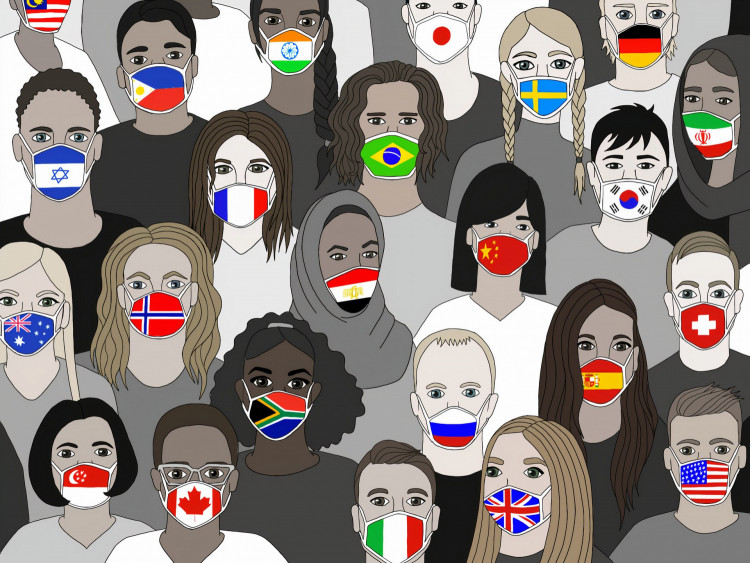At this point in time in a world crippled by a pandemic, a lot of people stopped being shocked how a new strain has managed to emerge and made it on the evening news.
These COVID-19 variants for some reason bear some industrial-strength technical names, such as B117 or B1351, that no ordinary person will even bother to remember. And as the list becomes longer, even scientists require some respite, so some have created nicknames such as Nelly, and there's even one called Doug.
One researcher recently described the current naming system as a "bloody mess."
"It's too confusing with these variant names," said Dr. Maria Van Kerkhove, the World Health Organization's COVID-19 technical lead, according to Politico. "I am on record multiple times to say we need to fix this because it's too hard to communicate all these numbers."
For the time being, with little consensus on nomenclature, the media and politicians have filled the gap - relating the variants to the regions in which they were found first. However, viruses do not respect geographical borders, and scientists emphasize that countries have varying degrees of genomic surveillance; detection in a single region is not a guarantee of the variant formed there.
But these words risk generating stigma, disincentives honest reporting of new viral strains, and promotes overemphasis on travel sanctions as a way of handling the pandemic.
Dr. Emma Hodcroft, a molecular epidemiologist from the University of Bern, is the lead author of a recent study that studied seven virus variants carrying the same mutation in the U.S. As part of the research process, she gave each variant a bird counterpart, such as Mockingbird, Pelican, and Quail.
These nicknames work well for now, but are not a long-term solution, she warned, considering the pace at which new strains and mutations are arising.
The alternative, the majority of experts suggest, is to come up with a single system for all too easily remember but to link it to the more technical ones scientists rely on. A working group of a few hundred experts has been assembled by the WHO to develop a clear and scalable way to achieve this.
This new method, as the WHO has advised, will assign a name that is easy to pronounce and remember and will thus mitigate needless detrimental impacts on countries, economies, and cultures. The plan for this process is currently undergoing internal and external partner review before finalization, according to the NY Times.
So far, according to two members of the working committee, the WHO's leading candidate has been disarmingly simple: numbering the variants in the order in which they were identified-V1, V2, V3, and so on.
Whatever the final system is, it would still need to be approved by diverse classes of scientists as well as the general public.
"Unless one really does become the kind of lingua franca, that will make things more confusing," Dr. Hodcroft said. "If you don't come up with something that people can say and type easily, and remember easily, they will just go back to using the geographic name."






